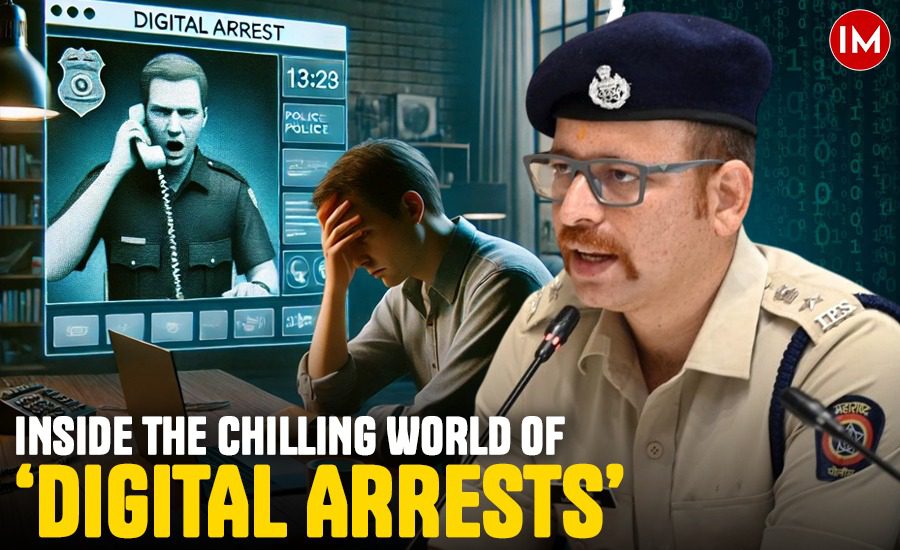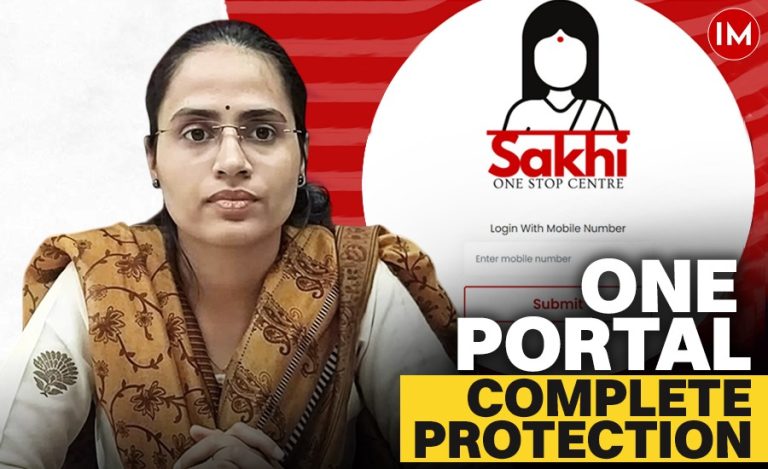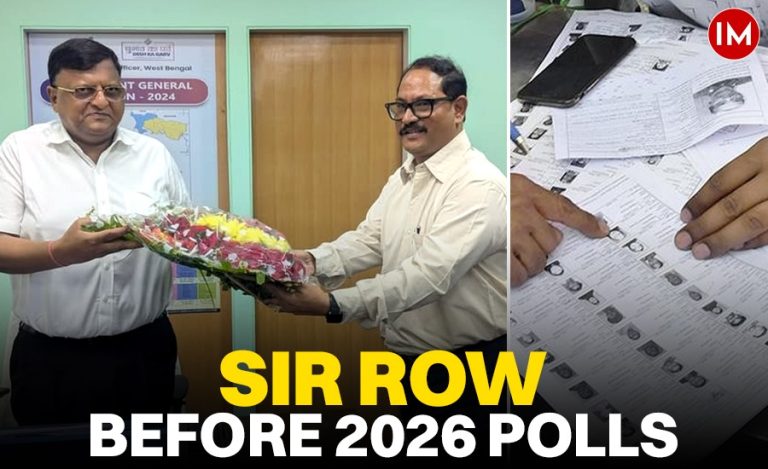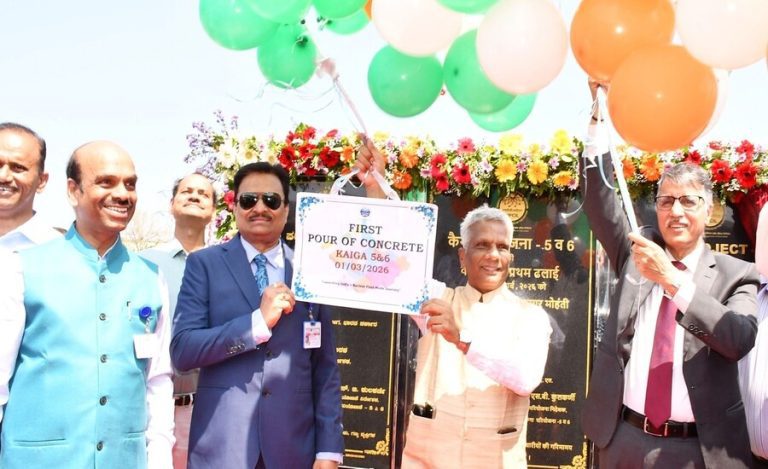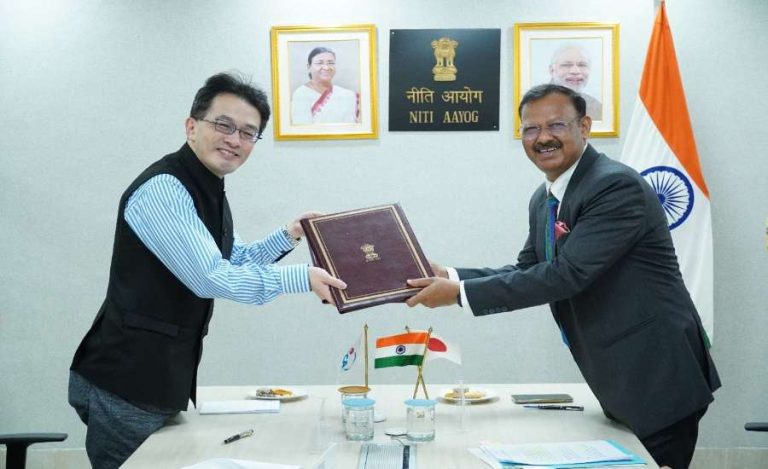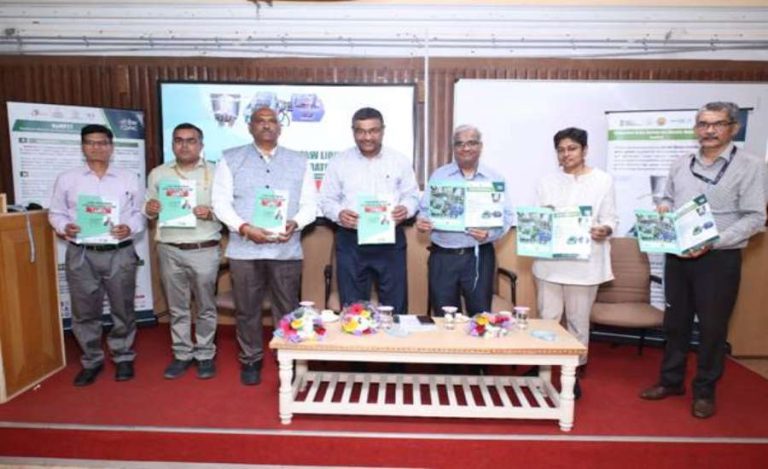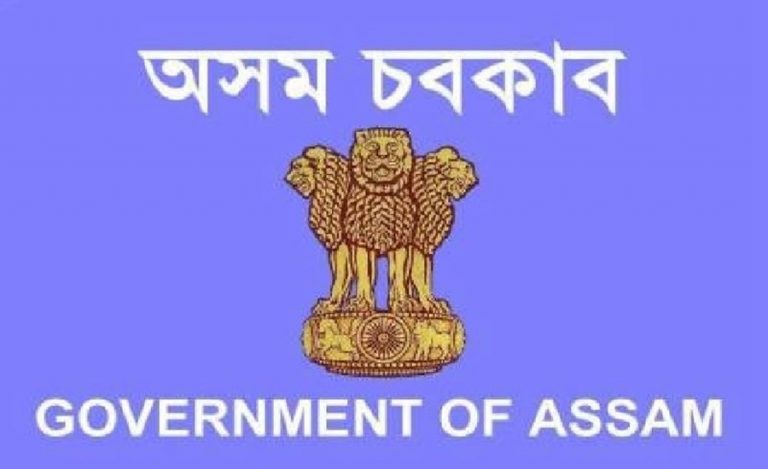A call from an unknown number. A voice claiming to be a senior police officer. A warning about a criminal case and a threat of immediate “digital arrest.”
This is how it begins. What follows is a terrifying psychological trap that has ruined lives across India.
Nagpur, too, has witnessed a surge in these chilling scams, where fraudsters, posing as police or government officials, use fear, authority, and technology to extort money from unsuspecting citizens.
Speaking exclusively to Indian Masterminds, IPS Lohit Matani, Deputy Commissioner of Police, Nagpur, warned, “These scams are not just about stealing money; they’re about stealing trust. Cybercriminals have learned how to manipulate human emotions using the authority of law enforcement.”
WHEN FEAR TAKES OVER
One such victim was Mansukh Bhau, who received a call from a man introducing himself as “Vijay Khanna” from a cybercrime department. The caller accused him of allowing his Aadhaar card to be used in crimes such as money laundering, fake bank accounts, and spreading online violence.
Within hours, Mansukh found himself on a video call with a uniformed man who looked every bit like a real police officer. He was told not to inform anyone and that this was a “national security” issue. After eight agonising hours, Mansukh was coerced into transferring ₹20 lakhs “for verification.” The entire sum vanished.
In another shocking case, Reena Joshi, a businesswoman who had recently taken a ₹2.5 crore loan, received a call saying her account was involved in illegal transactions. A “police officer from Navi Mumbai” appeared on video, threatening arrest and freezing of her loan. Terrified, she transferred her entire loan amount to what she believed was a government verification account. The result: she lost everything.
“These are not random attacks,” says DCP Matani. “They’re highly personalised, based on leaked or stolen data. Criminals know who you are, what you earn, and what you fear.”
WHY THESE SCAMS FEEL SO REAL
The frightening realism of “digital arrest” scams stems from data breaches and social engineering. Fraudsters have access to leaked personal information such as names, Aadhaar details, addresses, bank data, and even social media activity.
Using this data, they build an accurate psychological profile of each victim. They mimic official language, reference local details, and even use AI-generated visuals or deepfakes to appear authentic.
“The call looks official, the video seems real, and the panic feels justified,” explains DCP Matani. “But remember: no real police officer will ever ‘arrest’ you on a video call or demand money.”
These scams are masterclasses in psychological manipulation. The perpetrators keep victims on continuous calls, isolating them from family and friends, amplifying fear, and forcing compliance.
DATA SECURITY: A FRAGILE SHIELD
In today’s digital era, protecting personal information is almost impossible. Every click, app, or website visit leaves a trace. While many assume that complex hacking tools are behind data theft, human error remains the biggest vulnerability. Weak passwords, clicking suspicious links, oversharing online, or granting unnecessary app permissions are ways through which these scammers can easily get into your phones, computers, and bank accounts.
“People think their data is safe just because they haven’t been hacked. But the truth is, we give away more than we realise, often legally, to apps and platforms that track us,” the officer told Indian Masterminds.
Once this data reaches the wrong hands, scammers exploit it to build trust and trigger fear. The result is a trap that feels real, urgent, and impossible to escape.
NO SUCH THING AS A “DIGITAL ARREST”
Under Indian law, particularly the Bharatiya Nagarik Suraksha Sanhita (BNSS), 2023, only physical arrests, conducted by authorised officers with valid warrants, are legal.
There is no such concept as a digital arrest. No officer is authorised to interrogate or detain anyone over video call, WhatsApp, or email. Any demand for money, “verification”, or bail online is a cybercrime.
So, if you ever receive such a call, hang up immediately, verify with your local police station, and report it on the National Cyber Crime Reporting Portal (https://cybercrime.gov.in) or call 1930.
In Maharashtra, citizens can also contact the Maharashtra Cyber Helpline at 1945.
HOW TO STAY SAFE FROM THE TRAP
IPS Lohit Matani advises citizens to follow a few crucial steps:
- Never engage with unknown callers claiming to be from police or government agencies.
- Verify any such claim through official channels only.
- Avoid sharing personal or financial details or installing apps for “verification.”
- Use strong passwords, two-factor authentication, and keep all devices updated.
- Educate family members, especially the elderly, about these scams.
“Awareness is the only vaccine against cyber fraud,” says DCP Matani. “Once fear takes over, logic disappears. Stay calm, stay alert.”
THE CRUCIAL GOLDEN HOUR
Maharashtra Chief Minister Devendra Fadnavis recently compared cyber fraud response to emergency medicine: there’s a “Golden Hour” for saving your money, just like the golden hour for saving lives after an accident.
According to DCP Matani, “The first 60 minutes are crucial. If victims act fast, stop communication, preserve evidence, inform their bank, and report to cybercrime, there’s a real chance to recover their money.”
Immediate reporting helps authorities trace fraudulent accounts and freeze transactions before the money disappears into digital black holes.
A WAKE-UP CALL FOR THE DIGITAL GENERATION
The rise of “digital arrest” scams is more than just another cybercrime trend; it’s a wake-up call for a society becoming increasingly dependent on screens and networks. As technology evolves, so do the tactics of those who exploit it.
IPS Lohit Matani and the Nagpur Police are intensifying awareness drives, urging citizens to question, verify, and report suspicious interactions.
“Cybercrime today isn’t happening in dark alleys; it’s happening on your phone screen,” Matani says. “The only way to fight it is through awareness and timely action.”

